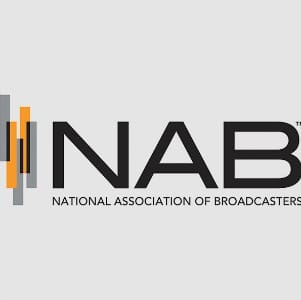
FM translators are now blanketing the country. There are thousands either rebroadcasting an AM signal, an HD signal, or (despite the FCC’s rules not to) airing original content. With all those translators comes the possibility, and probability, that some will interfere with existing full-power FM radio stations. The NAB wants to help resolve those interference problems and has filed comments with the FCC to do so. Here are the details…
As the NAB points out in its comments, as a secondary service, it is the responsibility of translator licensees to fix the interference. “Under the Commission’s rules, a new translator will not be authorized if it is likely to interfere with an authorized broadcast service, nor will an existing translator be allowed to continue to operate if it causes actual interference.”
Despite the FCC rules, the NAB acknowledges the process for resolving interference conflicts can be time-consuming and expensive for broadcasters.
So the NAB is proposing the FCC consider rule and policy changes to provide translator licensees more flexibility to resolve interference, and facilitate the efficient disposition of interference complaints against translators. Here’s what the NAB is proposing:
– That Section 74.1233 of the rules be amended to allow translators to move anywhere on the FM dial (instead of only to an adjacent or IF-related channel) to resolve interference, as a minor change. This additional flexibility will enable more translator licensees to efficiently cure interference by simply changing channels.
– NAB also suggests certain procedural changes to improve the process for resolving interference complaints against translators. First, we propose that an actionable complaint should be supported by interference complaints from at least six different listeners to the desired FM station, or perhaps more or less depending on the specific circumstances, such as whether the relevant service area is rural or urban. Second, such complaints must be verifiable statements that include clear evidence that the complainant is a regular listener to the FM station and is unaffiliated with the station. Third, actual interference must be shown from a sufficient number of locations to indicate a consistent problem, and be confirmed by an “on/off” test, where practical. Finally, an actionable complaint must document that the full-power station has used commercially reasonable practices to inform the relevant translator licensee of the claimed interference, to ensure an opportunity for the parties to cooperate on resolving the alleged interference without Commission involvement, and if an interference complaint is subsequently filed, resolution should be governed by a specific time limit (e.g., 90 days), with additional deadlines for the various interim steps in the process.
– NAB also will initiate an effort to mitigate translator interference issues that requires no Commission action. Together with industry, we will publish a series of best practices designed to help avoid and manage translator interference. Relevant topics include how to properly engineer a translator to minimize the risk of interference to full-power stations, and ways to privately manage interference conflicts.
NAB submits that these steps will facilitate a more efficient process that helps to conserve the Commission’s resources, while providing more certainty for both translators and FM stations.






The rules also need to be revised to protect the translator operators for interference complaints out of the protected contours of the complaining station. A station in Birmingham Alabama should not be able to stifle a translator operating in the public interest 30-40 miles outside their protected contours. The rules don’t prohibit that now.
Interference is already defined at Section 74.1204. The problem is the phrase “actual interference” elsewhere in the regulations–which has no real definition. Under this definition, if the full power station can phony up enough complaints they can silence the translator–even if it is well outside their service area. The only standard seems to be whether the station can be heard.